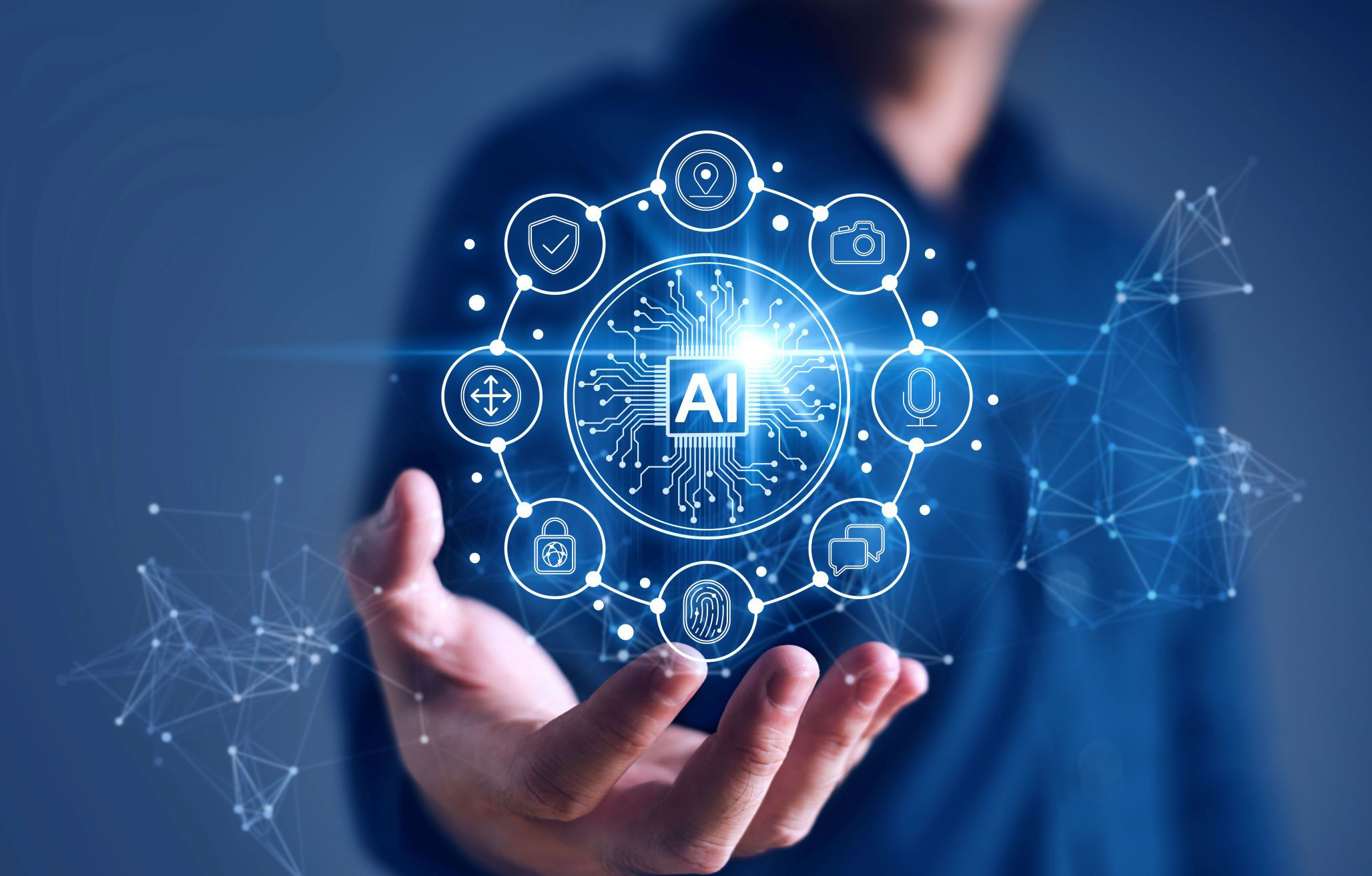But for all the advancements, many hiring challenges persist: screening inefficiencies, inconsistent evaluation criteria, poor candidate experiences, and the never-ending pressure to do more with less.
The next leap forward won’t come from another point solution. It will come from something deeper—custom artificial intelligence models, purpose-built for the specific workflows, data, and goals of recruiting teams. These large language models (LLMs), trained on your organization’s own knowledge, promise not just efficiency, but a fundamentally better way to hire.
Why General-Purpose AI Isn’t Enough for Recruiting
Public AI tools like ChatGPT have shown how powerful language models can be in generating text, answering questions, and streamlining communication. But when it comes to enterprise-grade hiring, they fall short.
These AI models weren’t trained on your job descriptions, your performance feedback, or your DEI policies. They don’t understand your tone of voice, your values, or the qualities that define success within your company.
And perhaps most importantly, they weren’t built with your compliance, privacy, or candidate data in mind.
Relying on off-the-shelf AI can lead to inconsistent outputs, privacy concerns, and even unintentional bias. Worse, they often require manual review to ensure accuracy—undermining the very productivity gains they promise.
What Makes a Custom LLM Different?
A custom LLM is trained or fine-tuned on your internal documents, processes, and historical hiring data.
It learns from the way your recruiters write job descriptions, score candidates, respond to applicants, and collaborate with hiring managers.
Instead of generating generic output, it produces insights and content that mirror your organizational DNA.
Imagine an AI that can draft job postings in your brand’s tone, summarize interview transcripts in your preferred format, answer internal HR policy questions for your team, and flag potentially biased language before it goes live.
These are not theoretical use cases—they’re increasingly being implemented by talent teams looking to stay ahead.
Practical Applications Across the Hiring Funnel
From sourcing to onboarding, custom LLMs are enhancing every stage of the recruiting process. During initial candidate reviews, these models can semantically match resumes to job requirements, prioritizing applicants based on contextual fit rather than keywords. In interviews, they can transcribe and summarize discussions, creating consistent, searchable notes that reduce subjective interpretation.
For high-volume hiring, custom models can answer repetitive candidate inquiries—about benefits, timelines, or team culture—with consistent, branded language. For internal teams, they serve as always-on assistants, instantly referencing compensation guidelines, interview rubrics, or training materials. And in the offer stage, they can generate personalized communications that align with company policy and legal compliance.
The result is not just time saved—it’s clarity, consistency, and candidate experiences that reflect the best of your brand.
The Strategic Advantage of Private AI in HR
As data privacy regulations tighten and public trust in AI tools evolves, the need for secure, transparent, and controllable AI becomes critical.
Custom LLMs can be deployed within your organization’s infrastructure or in a virtual private environment, ensuring that sensitive candidate and employee data never leaves your ecosystem.
They can be audited, versioned, and monitored—making them far more trustworthy than opaque third-party APIs.
More importantly, these models can be shaped to reflect your values. If diversity and inclusion are core to your hiring strategy, your model can be trained to reflect that—not just in what it says, but in how it scores and ranks candidates.
Over time, your LLM becomes not just a tool, but a trusted partner—one that evolves alongside your company.
Getting Started with Custom AI for Talent Teams
Implementing a custom model doesn’t require a team of machine learning engineers. It starts with organizing your existing data—job postings, interview notes, hiring feedback, employee onboarding documents—and identifying high-friction workflows that could benefit from automation. From there, a specialized provider can help fine-tune or build a model that fits your needs.
Companies like LLM.co offer enterprise-ready solutions to help recruiting and HR teams deploy custom LLMs securely and effectively. Whether hosted on-premise or in a hybrid cloud, these tools are designed to meet the compliance and integration needs of modern organizations.
Conclusion: Your AI Recruiting Assistant Is Ready
The future of recruiting belongs to organizations that can combine human judgment with machine precision.
Custom AI models are not a distant innovation—they are a present-day advantage. By embedding organizational knowledge into a secure, scalable system, HR leaders can empower their teams to move faster, think more strategically, and deliver better outcomes for both candidates and the business.
Generic tools served their purpose. Now it’s time to build the AI that truly understands you.






